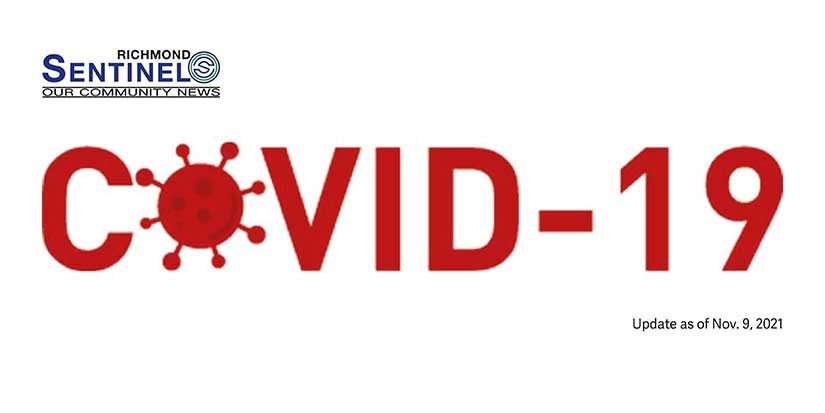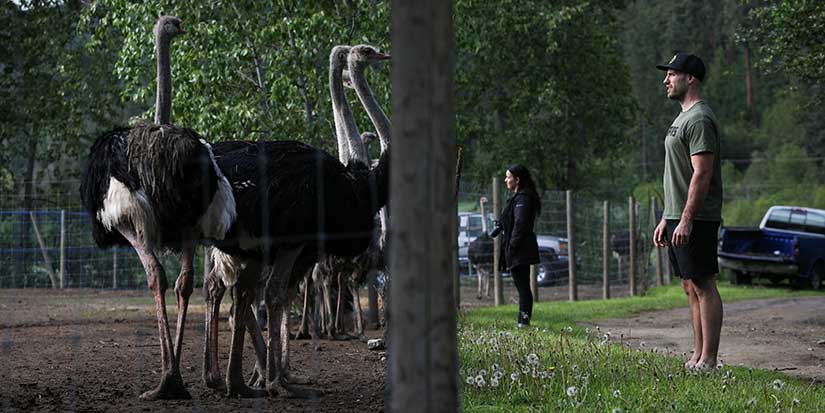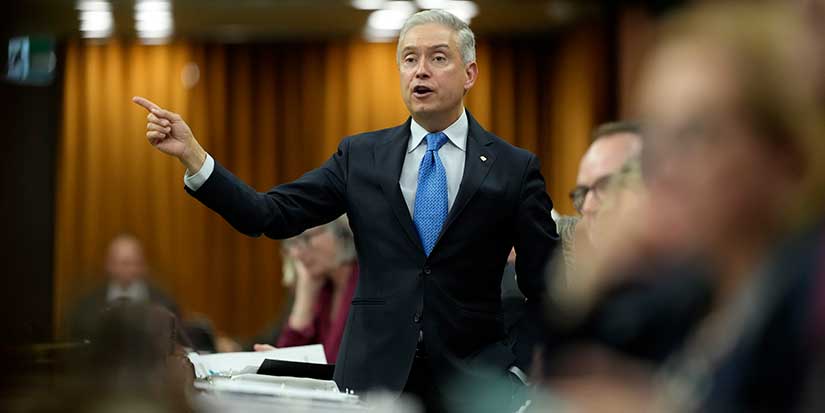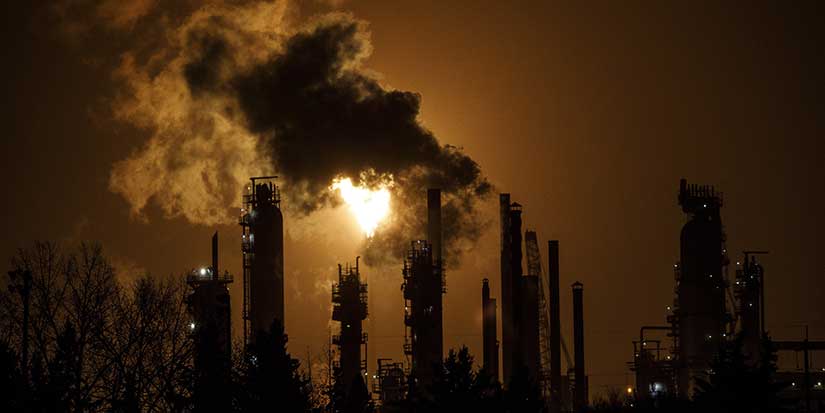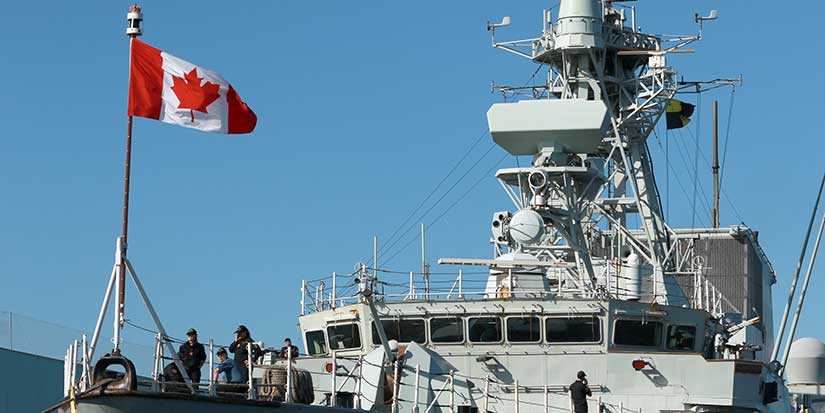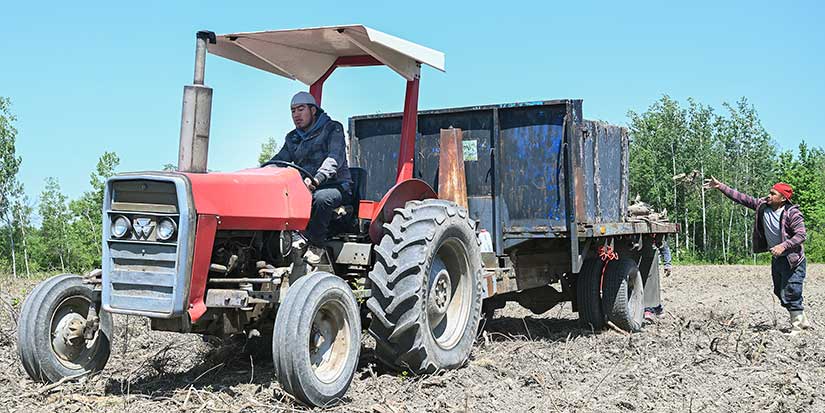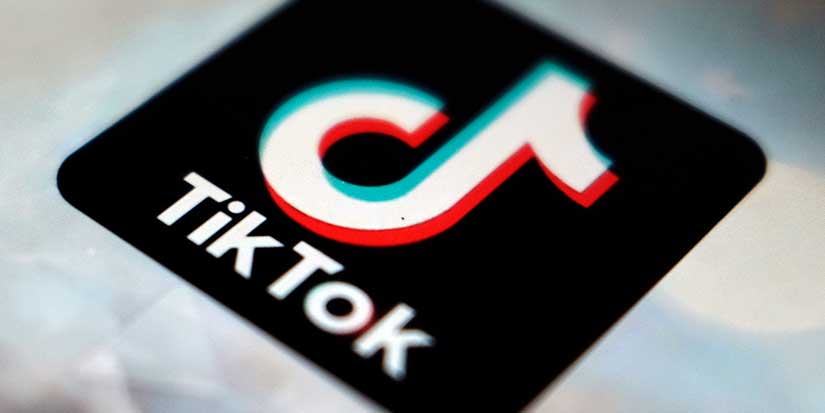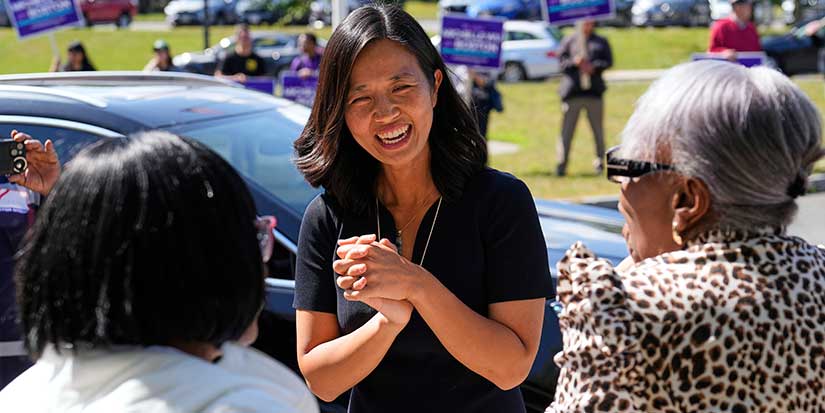Latest News
Healthcare worker vaccination rate increasing

By Hannah Scott, Local Journalism Initiative reporter
Published 5:17 PST, Tue November 9, 2021
—
Only two per cent of healthcare workers across the province remain unvaccinated.
B.C. Health Minister Adrian Dix said today that of the 3,071 unvaccinated healthcare workers, 1,032 are casuals, 989 are full-time, 819 are part-time and 16 are not identified. As of Oct. 26, these employees are not permitted to work.
In the Vancouver Coastal Health region, which includes Richmond, vaccination rate among healthcare workers is slightly above provincial average, with one per cent still unvaccinated.
Provincial health officer Dr. Bonnie Henry said there have been four cases of influenza recorded in B.C. so far this year, and emphasized the importance of getting a flu shot—particularly if planning to visit elderly relatives or those with compromised immune systems during this holiday season.
She urged people to keep indoor gatherings small, and with only vaccinated attendees. Larger gatherings should take place outdoors.
According to the B.C. Centre for Disease Control dashboard, there were 500 new cases of COVID-19 today. Since the pandemic began, B.C. has recorded 210,203 cases.
Of the new cases, 48 are in the Vancouver Coastal Health region (including Richmond), 152 in the Fraser Health region, 76 in the Island Health region, 121 in the Interior Health region, 103 in the Northern Health region and no new cases of people who reside outside of Canada.
There are 4,301 active cases of COVID-19 in B.C. and 426 of those people are hospitalized, 124 of whom are in intensive care. After falling by 37 over the weekend, the number of people hospitalized rose by 19 today.
To date, 8,361,935 doses of Pfizer-BioNTech, Moderna and AstraZeneca COVID-19 vaccines have been administered in B.C.
The vaccination percentage was not available at the time of publication.
Dix said booster doses currently number just over 180,000 and that every care home and assisted living facility in the province has completed its booster dose clinic.
Breakthrough cases happen most often in people over 70, Henry said, with risk going up “dramatically” after age 80. Those who are older not only received their COVID-19 vaccines the longest time ago, but are also at elevated risk due to their age and the higher likelihood of underlying conditions including heart disease, lung disease and diabetes.
Henry said most older people are receiving booster dose invitations around five to six months after their second dose, but that that interval might be slightly different for some groups. Some younger, healthier people are likely to receive invitations a bit later.
“That really is to try to smooth it out and get those people at highest risk their booster dose as soon as possible during this highest risk period. So anytime after eight weeks is really the minimum (interval), but four months is fine, five months is fine, you will get a good strong long lasting protection from that booster dose,” she said. “If you have your invite it is safe and it’s recommended for you to go out and get your booster dose right now.”
Henry said a limited supply of the single-dose Johnson & Johnson vaccine is coming to B.C. next week. The first priority will be healthcare workers who are affected by the province’s order and who want that vaccine as an option to allow them to continue working in the sector. More details for members of the public who are interested will be announced next week.
Like the AstraZeneca vaccine, Johnson & Johnson is a viral vector vaccine. However, a single dose provides similar protection to two doses of the AstraZeneca vaccine.
Sadly, there were five new virus-related deaths reported today, bringing that total to 2,223.
The number of healthcare facility outbreaks was not available at the time of publication.
For the latest medical updates, including case counts, prevention, risks and to find a testing centre near you: http://www.bccdc.ca/ or follow @CDCofBC on Twitter.
